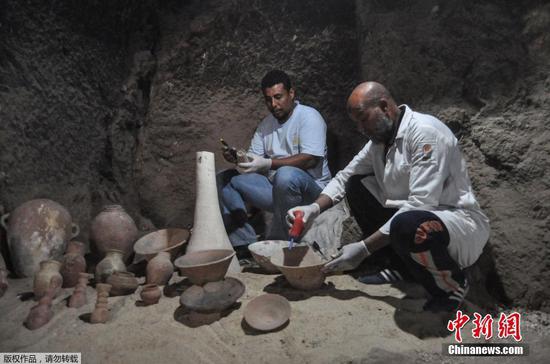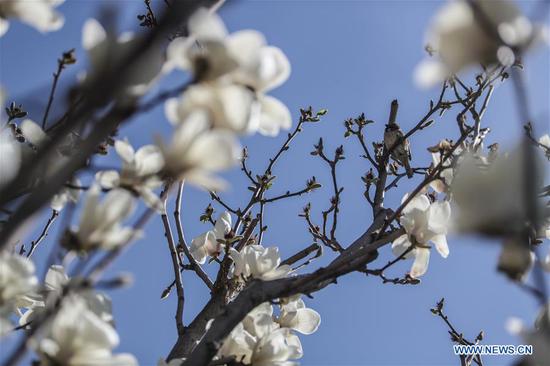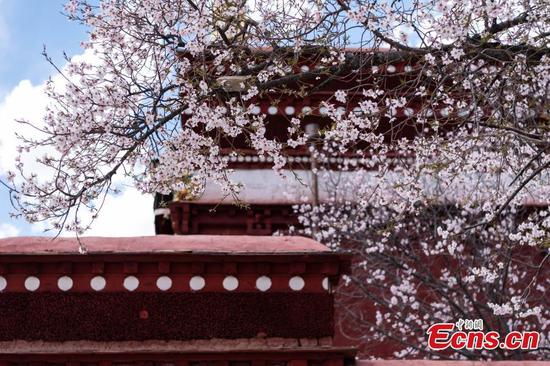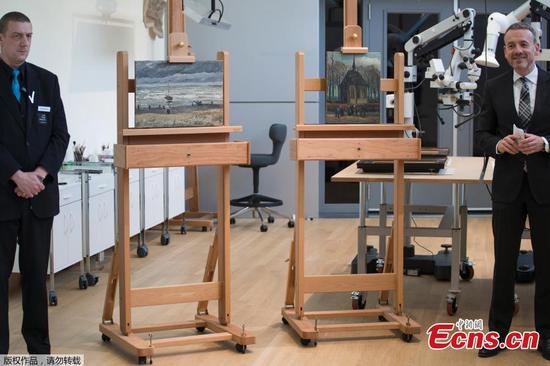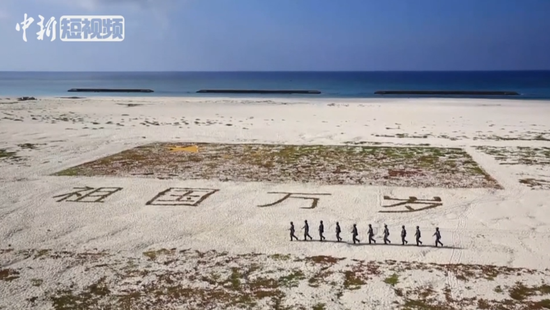Supervision and self-examination
Different from many comments that criticized the company and its business, Chen said it is "Okay" for stock image platforms to profit from selling images or filing copyright lawsuits.
"Proper commercial operations can help defend the rights of individual creators, as it is difficult and costly for individuals to sift through seas of information and find out who infringes their rights," she said. "Or such platforms create a better environment for copyright owners to easily and effectively safeguard their rights."
But she suggested the country set up a third-party to supervise the platforms' operation to prevent them from exercising the rights beyond the legal scope.
Pan Juanjuan, another IP attorney from DeHeng Law Offices in Shanghai, called for stock image providers to give stricter self-examinations on their source of copyrights, "as the unclear source could also bring them a string of disputes".
She said some stock image platforms that file a lawsuit for one image improperly used remains controversial, adding it is believed to be a waste of judicial resources.
"One company might have improperly used a dozen of pictures on social media then it will face a dozen of lawsuits. The amount of litigations will be huge for judicial resources to tackle," she explained.
She said she hopes a stock image company, regulated with clear authorization, can resort more to non-litigation solutions when dealing with infringement, for example, through negotiation and mediation.
To better regulate the image copyright market and balance the commercial providers, she also suggested the public to set up a shared platform of stock image where uses, authors and content creators can authorize each other.

















